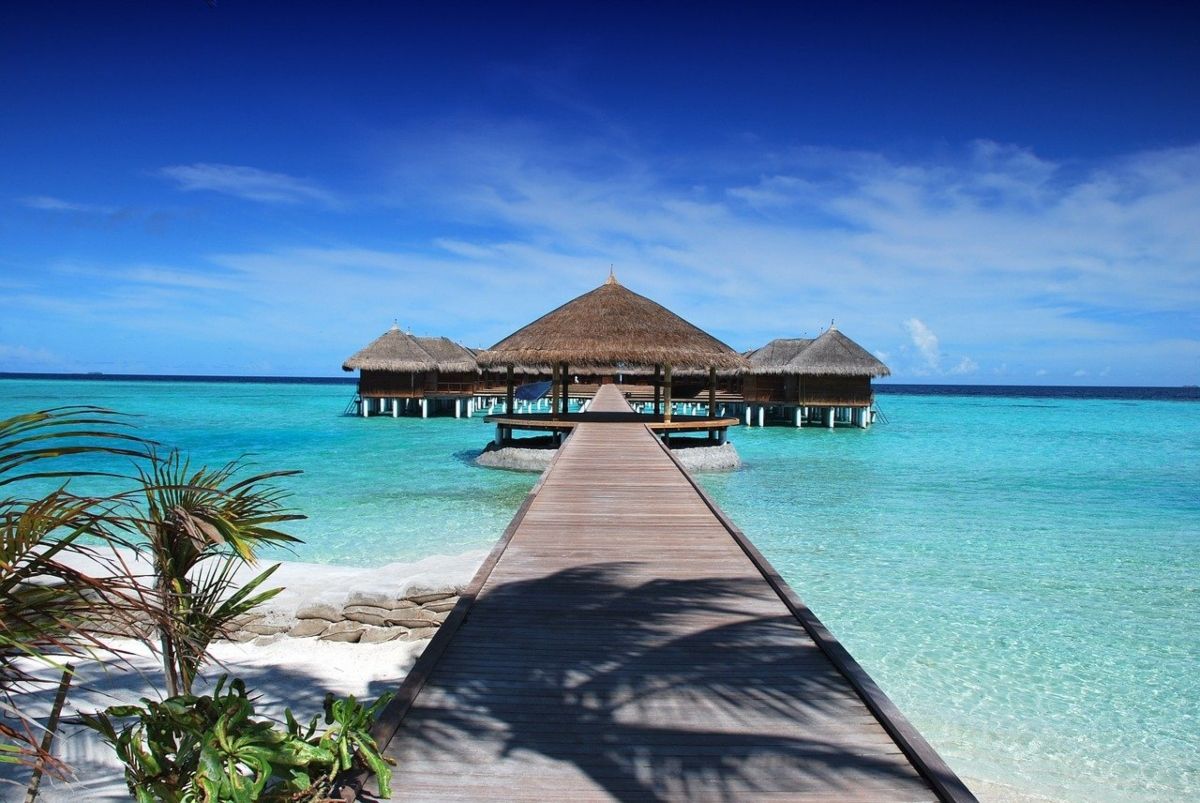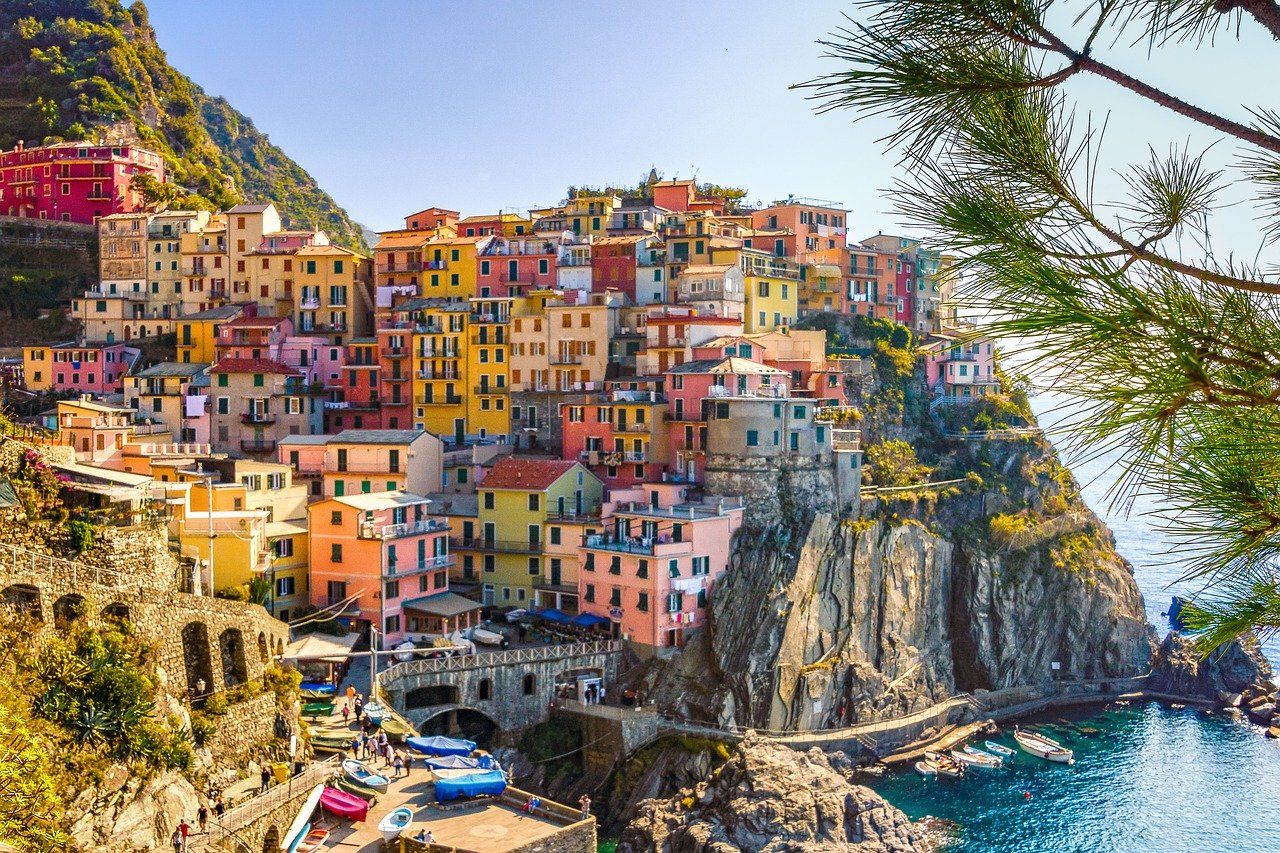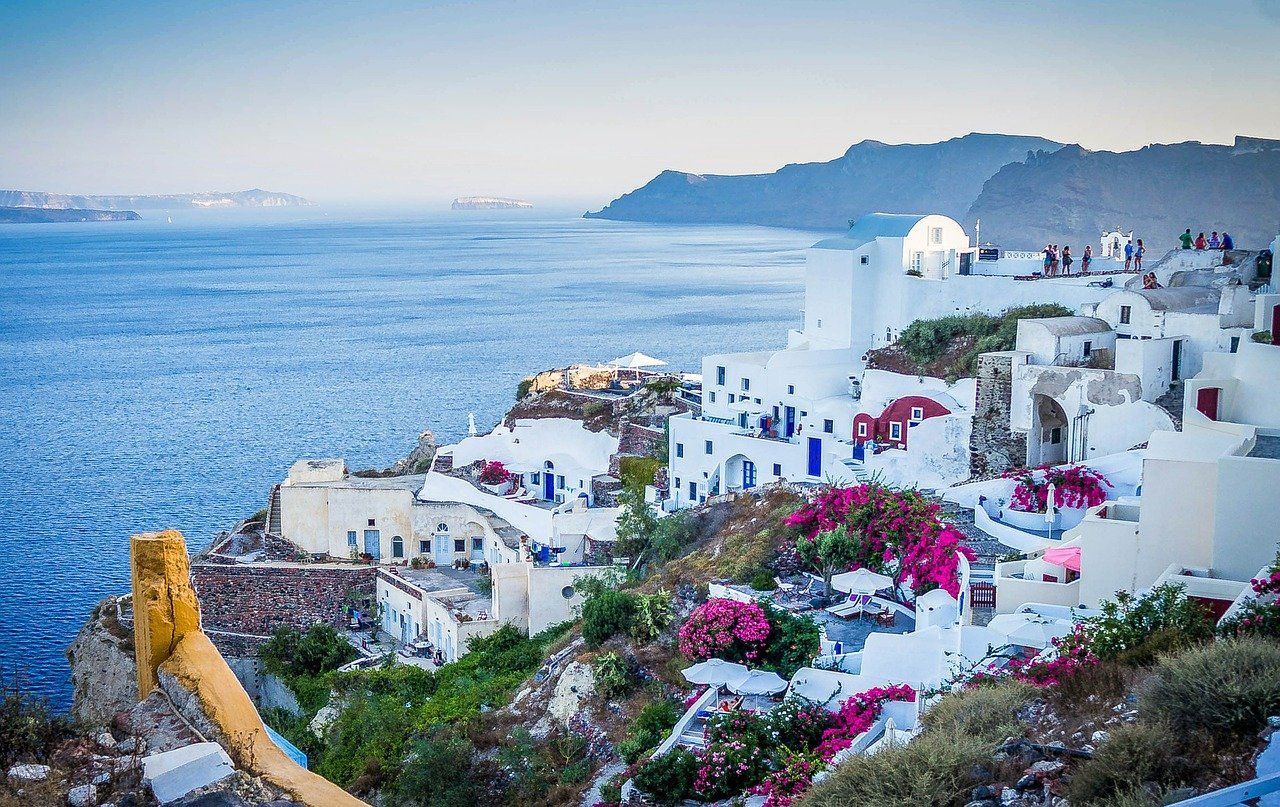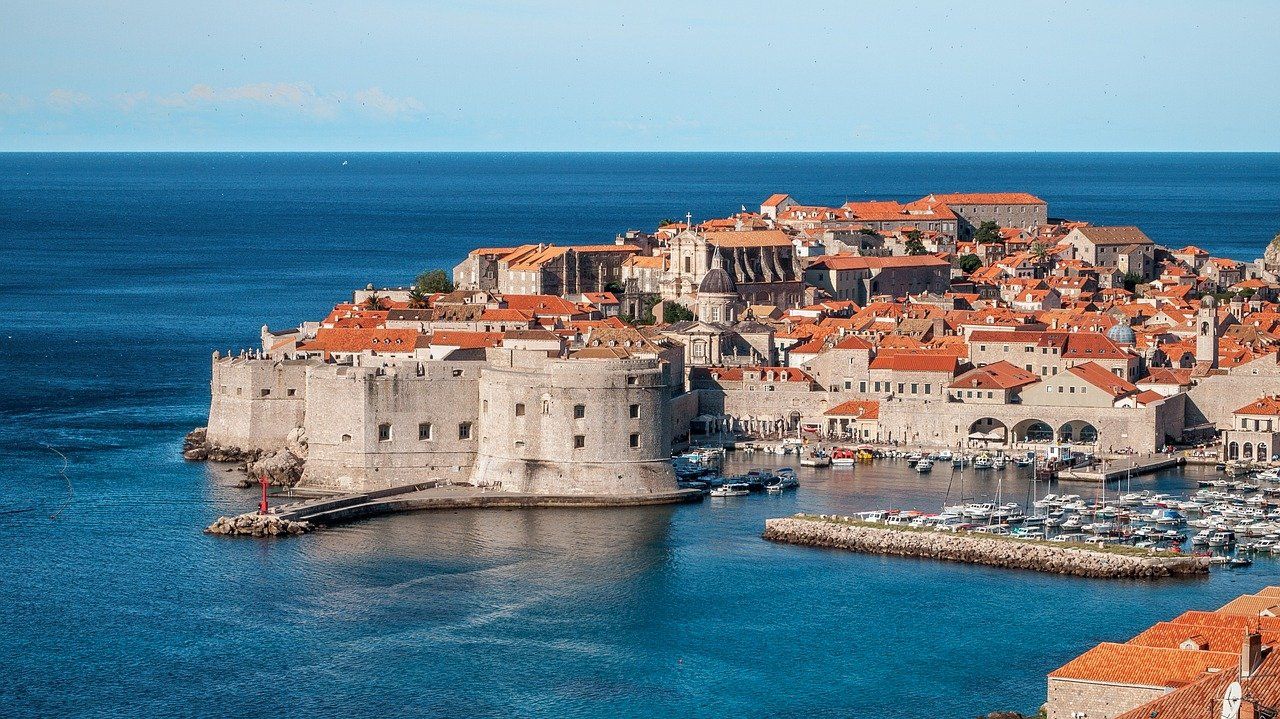Some countries have gradually started to reopen their borders fully or partially to international travellers in a bid to promote tourism
New Delhi: Owing to the current worsening COVID situation in the country, planning to travel would be one of the least priorities. However, some countries have gradually started to reopen their borders fully or partially to international travellers in a bid to promote tourism as earlier in the pre-Covid times. But, please note that India is still on the “banned list” of many countries due to the ever-increasing coronavirus cases
On Tuesday, India has registered 263,533 fresh Covid-19 cases that has taken the total infections past 25 million mark. According to the health ministry’s data, the total infections now stand at 2,52,28,996. The country recorded 4,329 deaths in the last 24 hours to take total fatalities to 2,78,719.
Check out the list of countries that have reopened borders partially or fully for international travellers
- Seychelles
Good news! Seychelles has opened its borders to fully vaccinated visitors from India, Pakistan and Bangladesh two weeks after they get their second dose of vaccine along with a negative RT-PCR test report. Besides, residents from all countries, except South Africa, can travel to Seychelles if they have a negative RT-PCR test done within 72 hours of departure and valid travel and health insurance to cover potential Covid-related costs
Maldives

The capital city of Malé is still off-limits to visitors.
Except the capital city of Malé, which is off-limits to visitors, Maldives is open to visitors from across the places, as long as they have proof of a negative Covid test. Travellers from the UK are currently subject to a 10-day quarantine. However, from May 13, 2021, Maldives banned tourists from South Asia. This rule applies to all visa holders from India, Nepal, Bhutan, Afghanistan, Bangladesh, Pakistan and Sri Lanka, as well as people who have transited these countries in the past 14 days.
- Thailand
Thailand is currently partially open for select tourists. The travellers will have to quarantine for 14 days, regardless of country of residence or vaccination status, in a government-approved quarantine facility or an Alternative State Quarantine (ASQ) facility. Additionally, Thailand cancelled certificates of entry (CeO) issued to non-Thai nationals from India from May 1. The same will be applied next month also.
- United Kingdom
As per the latest COVID travel rules, the UK resumed international travel from May 17 and divided countries into red, green or amber categories. Currently, only a UK resident from destinations on the “red list,” which includes India, South Africa, Namibia, the United Arab Emirates, and more can enter the borders. They must quarantine in a hotel on arrival and take two Covid-19 tests. For travellers from the green list nation, a Covid-19 test on or before Day 2 after you arrive in the UK is a must. For travellers from the amber list nation, you must quarantine in the place you’re staying and take two Covid-19 tests.
Italy

Travellers coming to Italy must provide proof of a negative RT-PCR test taken within 48 hours prior to arrival.
Italy has allowed entry to tourists from nations that have reached a high level of vaccination percentages. The announcement was made by Luigi Di Maio, Minister of Foreign Affairs and International Cooperation. Currently, travellers coming to Italy from most of Europe must provide proof of a negative RT-PCR test taken within 48 hours prior to arrival. They must quarantine for five days and then take a second Covid-19 antigen test. Travellers from outside of Europe who are currently allowed to enter Italy, including Australia, Japan, New Zealand, Singapore, South Korea, Rwanda and Thailand also have to follow the same steps. However, they will have to quarantine for 10 days instead of 5. Additionally, no restrictions apply to tourists from Vatican City and San Marino
Iceland

Iceland has reopened its borders for the vaccinated tourists.
Iceland’s government recently announced that it is opening its borders to vaccinated travellers outside the Schengen zone or those who have recovered from Covid-19. The rules apply to vaccinated tourists from EEA/EFTA (European Economic Area/European Free Trade Association) and citizens of Monaco, San Marino, and the Vatican (where the 14-day infection rate is below 700 per 100,000), who can visit Iceland without having to quarantine or take a test for Covid-19. The country is accepting certificates of vaccination with a vaccine authorised by the European Medicines Agency only.
- Austria
From May 19, Austrian authorities announced their plan to reopen the borders for international travellers including EU/Schengen nationals and tourists from Australia, Iceland, New Zealand, Singapore, South Korea and the Vatican. Additionally, entry from Germany was allowed by the country without quarantine. The prerequisite is that travellers can credibly demonstrate that they have only stayed in Germany in the past 10 days.
Greece

Planning to travel to Greece? Check out the latest COVID travel rules.
Greece too has reopened its borders to travellers on May 14. The country opened up its beaches and museums to tourists along with implementing its own vaccine and testing requirements for visitors. Greece is allowing tourists from countries in the EU, the US, the UK and Israel, if they can prove they have been fully vaccinated or provide a negative Covid-19 test.
- Turkey
As the COVID cases started to decline, Turkey announced recently that it will ease its travel restrictions from May 18. Most travel restrictions will be lifted but night-time and weekend curfews will remain in place. The country also removed the requirement for tourists from 14 countries, including the UK, to provide a negative virus test to enter.
Croatia

Planning a trip to Croatia? Check out the latest guidelines.
Croatia is only allowing travellers from EU/Schengen countries if they carry a negative Covid-19 test result upon arrival. They should also carry a vaccination certificate showing the final dose taken not more than 14 days ago. If one doesn’t have a negative Covid-19 test report, they should get one at the airport and go into quarantine until the results arrive. Travellers from outside the EU/Schengen are not allowed except for specific circumstances.
- Malta
Malta is currently allowing tourists from its amber and green lists to enter its borders. Though there are no countries under the green list yet, citizens from countries marked amber can visit Malta. They will have to present a negative PCR test taken within 72 hours prior to boarding flights to Malta and will be subject to random swab tests upon arrival. If they do not present a test, a swab test on arrival or a 14-day quarantine period is mandatory for them.
Even though the best option right now is to stay home and stay safe, if in case you are planning to travel, don’t forget to check the regulations.





































